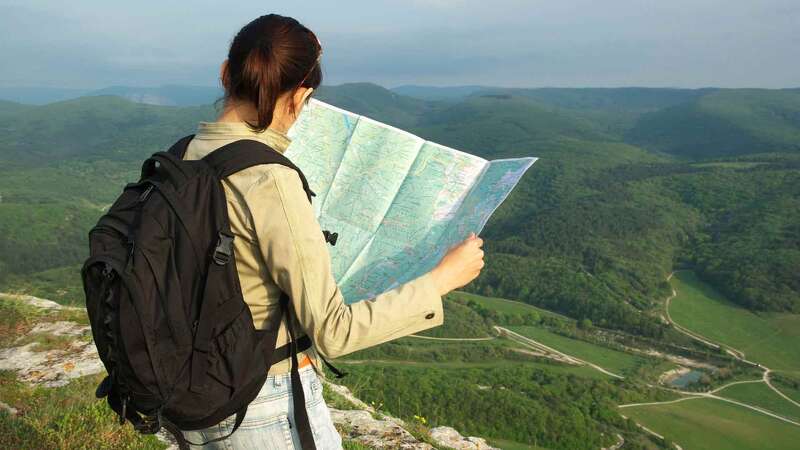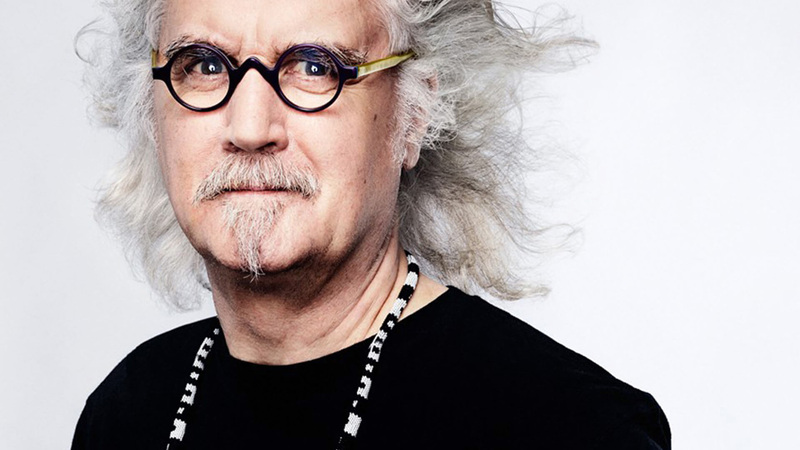You are viewing your 1 free article this month. Login to read more articles.
Over the horizon
In his interview in The Bookseller this week Vertebrate Publishing managing director Jon Barton talks about his firm’s recent success: “If we didn’t have a record year, I would be sobbing right now,” he tells my colleague Tom Tivnan, after detailing a period of investment and expansion. Fair enough, it may yet still be small, but Vertebrate is on the up, one of a select number of “travel” publishers whose performance has been amplified rather than suppressed by coronavirus.
Overall, the travel sector is yet to feel a post-pandemic bounce, even as the world has slowly opened up over the past six months
Vertebrate was last week announced as one of the British Book Awards’ Small Press finalists in the North of England region, after last year being Highly Commended. It is swimming with the tide, of course, as the pandemic has switched people on to the opportunities for adventure closer to home. Thus its titles In It for the Long Run, Swimming Wild in the Lake District, and Beastmaking have struck a chord with runners, swimmers and climbers, along with my personal favourite, the aptly titled Failure is an Option.
Overall, the travel sector is yet to feel a post-pandemic bounce, even as the world has slowly opened up over the past six months. According to consultants McKinsey, a travel boom is on its way as we look to throw off the shackles of the virus, a point also echoed by our previewer Simon Mackay. The World Tourism Organisation (UNWTO) reports that there were one billion fewer international travellers in both 2020 and 2021, with a full recovery in numbers not now expected by experts until 2024.
For travel publishers it means another year of hard going, which follows a 20-year decline in business, as print sales have given way to often free digital alternatives. According to Nielsen data, the travel sector slid below £100m in print book sales in 2001, and by the end of the 2010s had stumbled further to £62m. Where once overseas destinations would vie for supremacy with the UK, now the latter holds sway with activities such as trekking and staycationing to the fore. There is no equal measure of digital business, but few travel guide publishers appear to have made the transition as well as, say, Alastair Sawday, whose print book sales have declined steeply even as traffic to its curated website has grown. Or the Ordnance Survey, which is using its 230-year history of mapping to fill in the big green spaces where even Google cannot easily go (see pp06-07).
In the past, I’ve tried to draw a lesson between the travails of the guidebook sector with the rest of publishing, particularly as digital has never quite supplanted print, even in those areas where it once seemed most likely to succeed. The pandemic, though, has blurred that analysis, and now with concerns over climate change rising and a possible conflict in Eastern Europe, it seems likely that the market will remain one marked by volatility and uncertainty.
Fellow travellers in the sector might want to now look in a different direction. But publishers—in the main—don’t create demand, they respond to it. The advice then is clear: keep going.




















